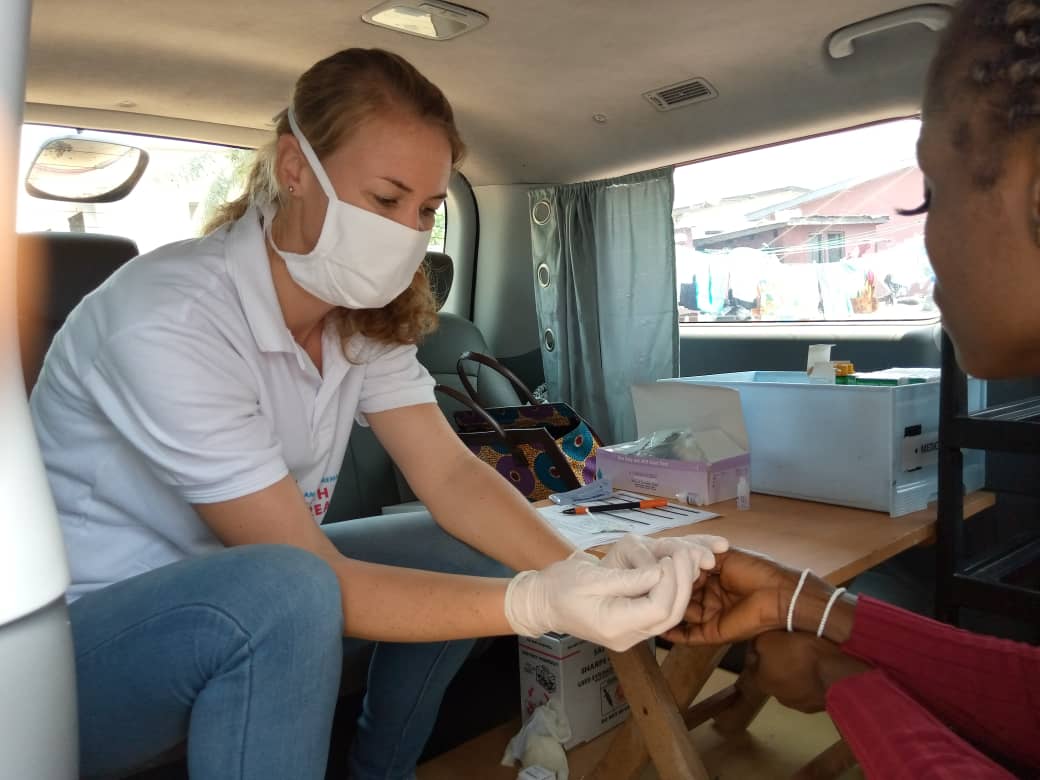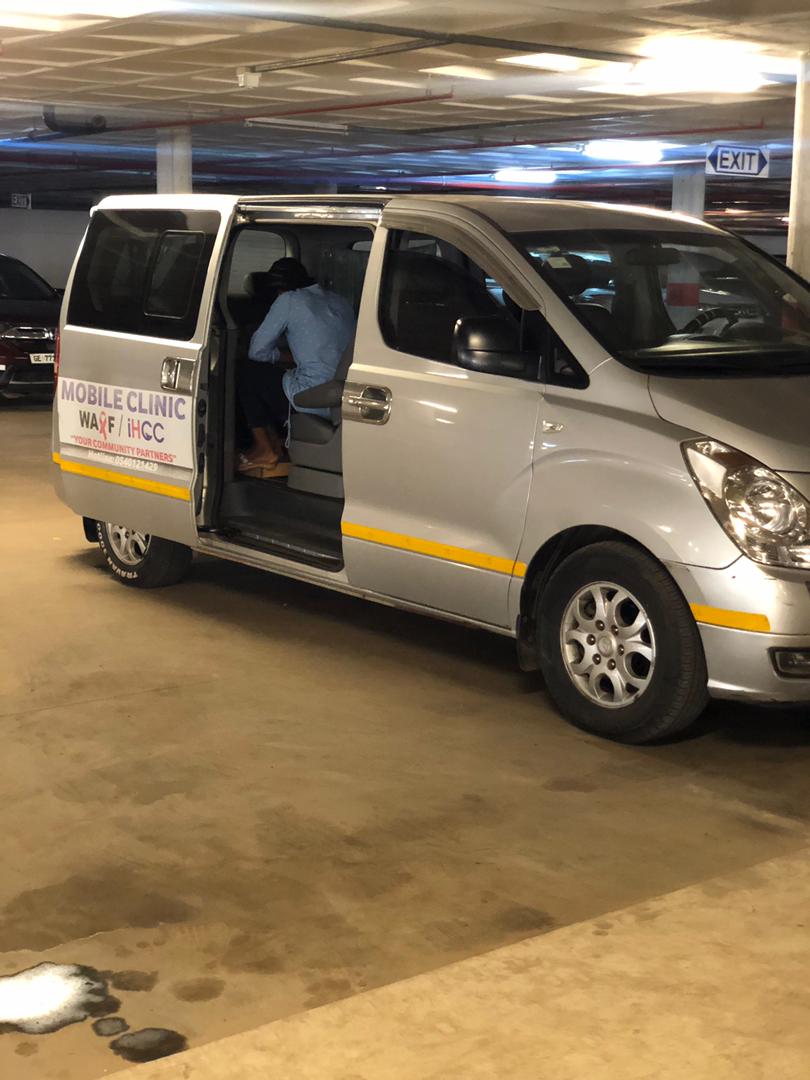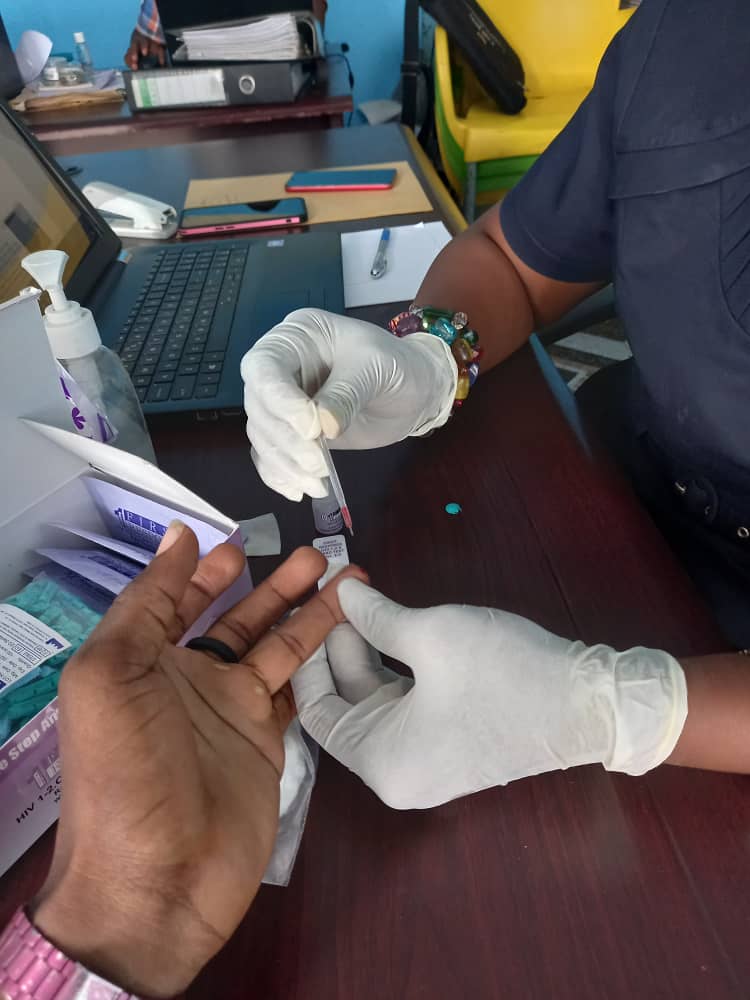Epic Phase 1 ended in September 2021 and transitioned into Epic 2 to enable expanding on gains from phase 1 for enhanced outcomes.
With a strong focus on differentiated service delivery, clients these days are in the center of our work and therefore it is important that they make meaningful contributions to interventions targeted at them as they are best positioned to know what will work for them. Hence in phase 1, our then implementing partner Hope Alliance Foundation, (HAF) conducted a survey amongst 55 MSM and TG people to assess how Pre-exposure prophylaxis (PrEP) could be best provided to them. The survey revealed 61% of respondents wanting PrEP to be more accessible, 9% stating that better outreach services for PrEP were needed, whilst 9% had concerns about affordability of PrEP.
WAAF and its implementing partners used findings from this survey and other innovative ways to tackle identified gaps which led to many from the key population accessing PrEP services. Some of these innovations included:
- Making specific services dubbed ‘PrEP New initiation’ weekends possible where at identified and agreed upon locations, nurses of the International Health Care Centre, will go to these communities to offer PrEP services using the Mobile Clinic Van.
- The creation of tailored videos featuring IHCC health providers providing continuous education on the importance of PrEP and how it can be accessed,
- The institution of 4 PrEP Champions were instituted to promote PrEP use among their peers.
At WAAF’s health facility level, efforts were increased to meet the demands of the target groups. The use of WAAFs mobile clinic van was intensified with the VAN making more trips to the community level thereby bringing services closer to the people. This took away a major challenge some had with regards to visiting the health facility for services. WAAF also identified a need for some sort of champions who would guide new ones initiating PrEP This led to the formation of the” PrEP champions” strategy which is having a group of members from the key population community who have successfully been on PrEP share their experiences with those yet to enroll as well as guide them when health challenges arise. This strategy has greatly supported the initiation of many individuals on PrEP
Despite gains achieved, challenges also remain and key amongst these are the low retention of clients on PrEP, meaning some clients to not stay on PrEP like they should and give up along the line, increasing their risk to HIV. Others also remain but are not consistent and do not return for refills on time. Lastly, despite realizing the higher risk of exposure to HIV some key population members decline PrEP services. WAAF is confident though that with the involvement of KPs in the constant tweaking of strategies as well as new developments such as HIV self- testing and Event Driven PrEP that takes away the burden of swallowing pills every day; these challenges will be overcome.
Some Statistics:
In the first year of the EpiC project implementation, 133 MSM were initiated on PrEP out of an expected target of 236 (56 %); 140 FSWs (117%) out of the target of 120 were initiated on PrEP and 13 Transgender people were out of a target of 10 were also initiated on PrEP.
Number of HIVST Kits Distributed and used:
- 100 FSW received and used HIVST kits, 5 were reactive, 3 confirmed and all 3 linked to treatment.
- 424 MSM received HIVST kits, 417 used HIVST kits, 33 were reactive, 26 were confirmed and were all linked to treatment.
- 26 TGs received and used the HIVST kits, 5 were reactive and 3 were confirmed cases.
The second phase of the EpiC project commenced in October 2021, and we look forward to sharing updates on this second phase with you in the near future.



